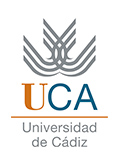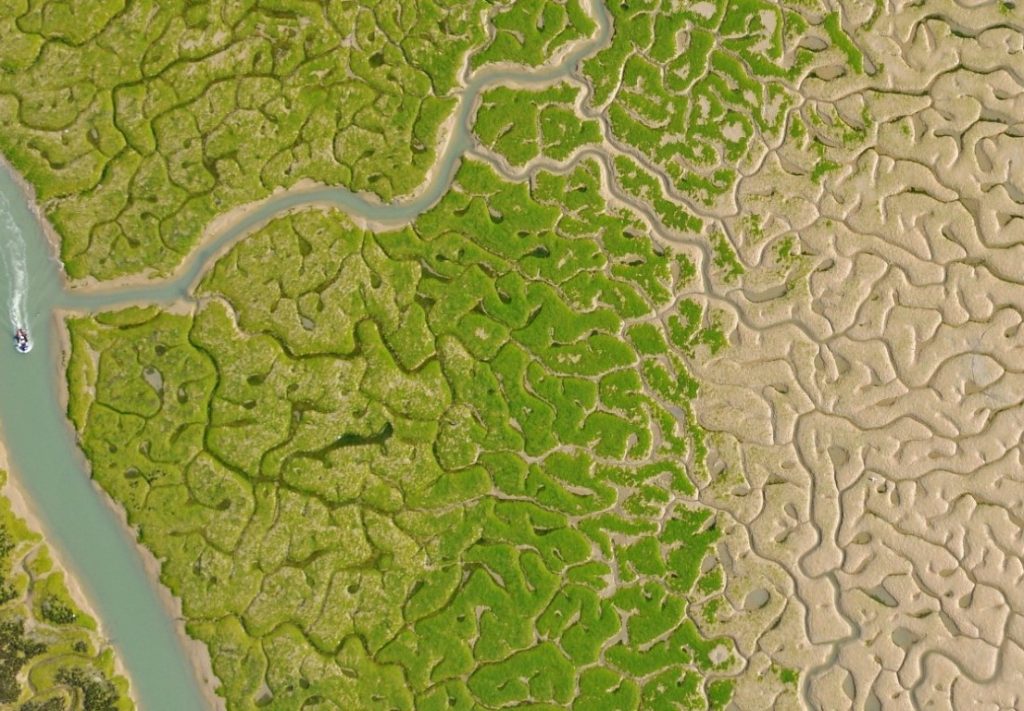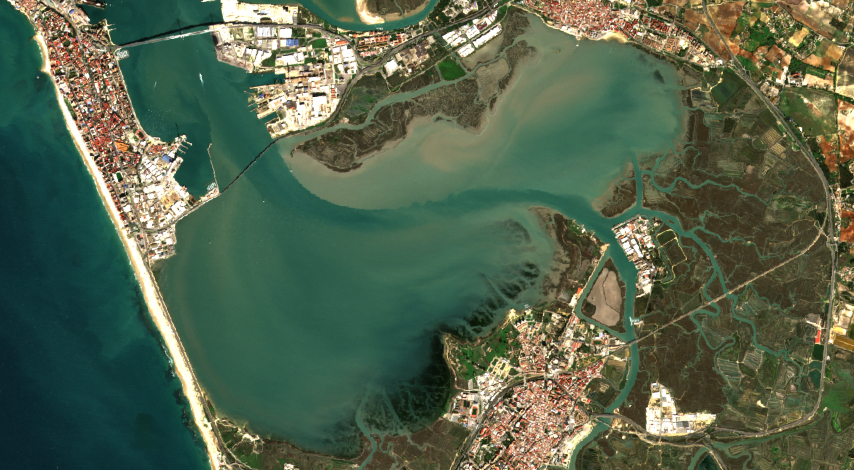Effects of extreme climatic events on the biogeochemical
functioning of shallow coastal areas: from the micro to the macroscale
PID2020-112488RB-I00/ AEI / 10.13039/501100011033 «R&D Projects» 2020 – Modalities «Research Challenges» and «Knowledge Generation» // PI: Sokratis Papaspyrou /Alfonso Corzo (226.000 €)

Project Summary
Shallow coastal ecosystems provide a wide range of ecosystem services and are home to high biodiversity. They are highly productive systems due, in large part, to the community of benthic microalgae (microphytobenthos, MPB) that inhabits the intertidal mudflats areas.
MPB is at the base of food webs and strongly affects primary production and biogeochemical cycles. This community is subjected to intense physical forcing as a consequence of the different cycles acting on the intertidal zone at different spatial-temporal scales such as the superimposed photoperiod and tides, and changes in temperature and hydrodynamics. However, due to climate change, this periodic variability is increasingly affected by the increased frequency and intensity of various more unpredictable extreme weather events (ECE) (heat waves, storms, strong winds).
The general objective of this proposal is to quantify in an integrated way the effect of ECE, mainly heat waves and wind storms, on the biogeochemical functioning of a shallow coastal ecosystem with large intertidal flats, the Bay of Cadiz. We will determine the spatial and temporal variability of the MPB and its contribution to the primary production of the system and evaluate what is the effect of changes in external forcing by temperature and resuspension under normal and ECE conditions on the physiology of MPB, benthic pelagic coupling and carbon flux.
To achieve this we will study the effects at three levels.
- Under controlled laboratory conditions, the effect of temperature and hydrodynamic conditions on sediment metabolism and its associated microbial community will be assessed at the micro-scale.
- At mesoscale, through in situ sampling at different levels of the intertidal, the effect of temperature range and emersion period on various ecological and biogeochemical variables will be quantified, as well as the effect of ECE by monitoring the water column and sediment before and after its occurrence until recovery to the initial conditions.
- At macro scale, remote sensing tools (drones, satellites) will be implemented to integrate the spatial and temporal variability of the primary production of the MPB.
- Finally, the data will feed a coupled ecological and hydrodynamic model to estimate net metabolism rates along the intertidal and the effect of ECE as a function of type, intensity and frequency in order to predict the effect of future climate change scenarios.
These activities will be carried out by a multidisciplinary team, using advanced techniques, some of them used for the first time in research on marine ecology and biogeochemistry in our country: single and two-dimensional microsensors, pulse imaging amplitude modulation fluorometry (Imaging PAM), eddy covariance, remote sensing, machine learning, metagenomics, and hydrodynamic and biogeochemical models. In the socio-economic field, EXTREME-FUN will produce useful results for the management of natural environments by producing detailed maps of different variables of the intertidal zone, e.g. types of communities, production rates, areas sensitive to ECEs etc, through the use of remote sensing that will allow long-term and low-cost monitoring of the communities of interest. Finally, the created international collaboration environment will be ideal for the training of a young researcher in the field of sediment biogeochemistry of intertidal zones.
Participants
National
Dr. S. Papaspyrou
Dr. A. Corzo
Dr. I. Laiz
Dra B. Priego
International
Dr. Ronnie Glud (Southern Denmark Univ., DK)
Dr. Bruno Jesus (Univ. Nantes, FR),
Dr. Eduardo Infantes (Univ. Gothenburg, SWE),
Dr. Cindy Smith (University of Glascow, UK)
Related research results:
Haro, Sara; Bruno Jesus; S. Oiry; Sokratis Papaspyrou; Miguel Lara; Carlos José González; Alfonso Corzo. Microphytobenthos Spatio-Temporal Dynamics across an Intertidal Gradient Using Random Forest Classification and Sentinel-2 Imagery. Science of The Total Environment: 149983. 10.1016/j.scitotenv.2021.149983.
Carrasco Navas-Parejo, Juan Carlos; Alfonso Corzo, Sokratis Paspapyrou. Seasonal cycles of phytoplankton biomass and primary production in a tropical temporarily open-closed estuarine lagoon—The effect of an extreme climatic event. Science of the Total Environment. 723. 138014 10.1016/j.scitotenv.2020.138014
Haro, Sara; Miguel Lara, Carlos José González, Irene Laiz, Julio Bohórquez, Emilio García-Robledo, Alfonso Corzo and Sokratis Papaspyrou. (2020) Microbenthic metabolism and sediment biogeochemistry along the intertidal in the Cádiz Bay. Frontiers in Marine Science 7: 39, 3389/fmars.2020.00039
Project activities:
upcoming…






